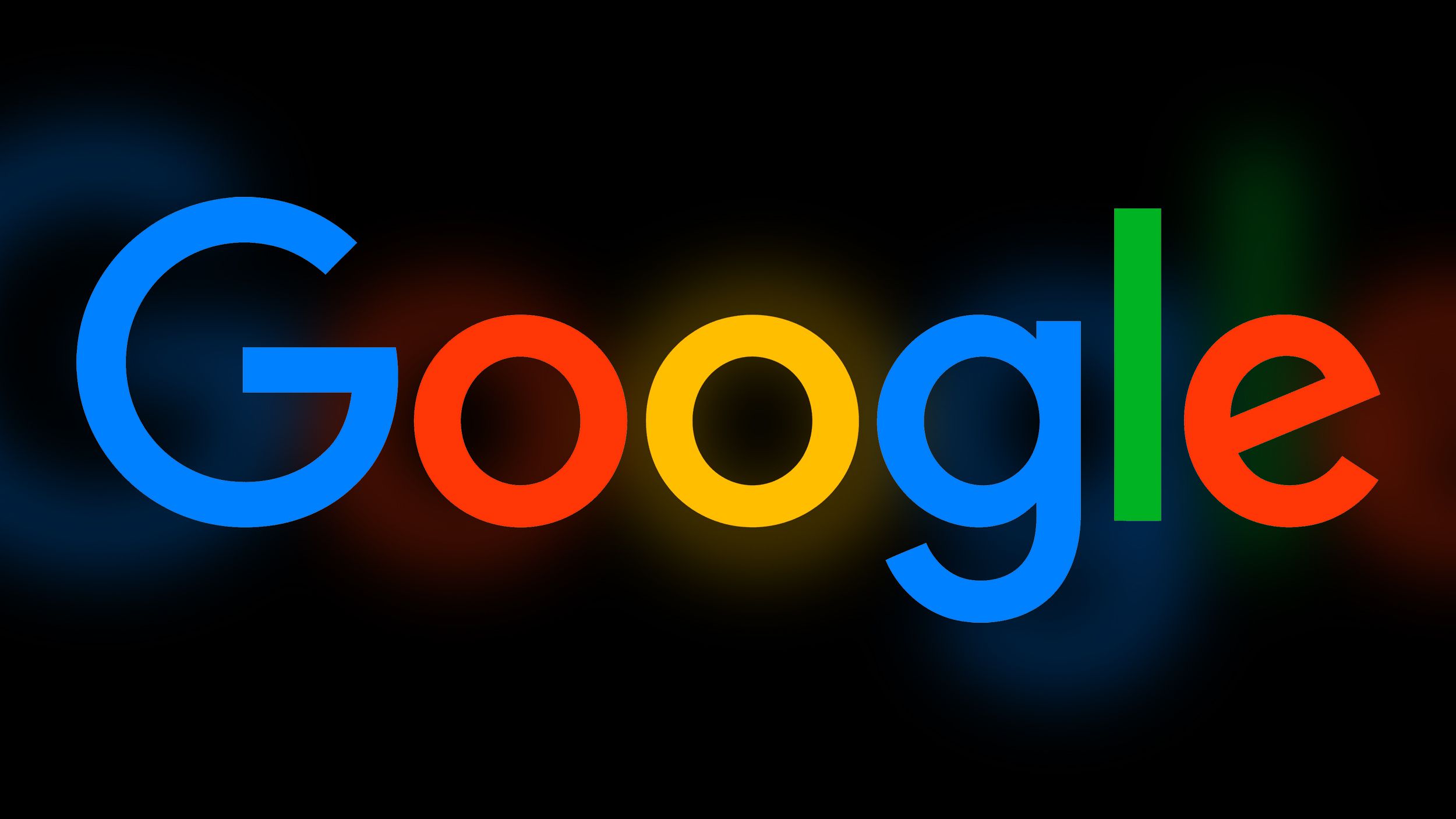7 must-read H.G. Wells books that shaped sci-fi forever
Explore 7 iconic books by H.G. Wells that redefined science fiction, inspiring generations with bold ideas, time travel, aliens, and future tech.


Long before spaceships lit up movie screens, before AI bots filled our social media feeds, and before time travel became a pop culture staple—there was a man who imagined it all: H.G. Wells. A name you might remember from high school, but one that quietly laid the foundation for modern science fiction.
You don’t need to be a sci-fi nerd to feel Wells’ influence. Ever watched a movie about aliens invading Earth? That’s The War of the Worlds. Seen a time machine in a cartoon or movie? Wells invented it. Even the idea of invisible men, genetic hybrids, and futuristic dystopias were all born from his visionary mind.
What makes Wells unique is how relatable and relevant his stories still are. They weren’t just science fiction—they were social critiques, questioning everything from imperialism to scientific ethics, class division to capitalism.
7 H.G. Wells books that predicted our modern world
1. The Time Machine (1895)
What if you could visit the year 802,701 AD?
This novella introduced the concept of time travel as a scientific process—coining the term “time machine.” Wells used it not just to play with sci-fi tropes, but to explore class divides and humanity's evolution.
It laid the groundwork for every time-travel narrative that followed, from Doctor Who to Interstellar.
2. The War of the Worlds (1898)
When the invaders aren't from another country—but another planet.
Wells reimagined colonialism—flipping the script to show what it would feel like for a powerful society to be on the receiving end. Martians with superior technology land in England and wreak havoc.
It created the alien invasion genre and highlighted the arrogance of imperialism long before it was widely questioned.
3. The Invisible Man (1897)
If no one could see you, what would you become?
A brilliant scientist discovers the secret to invisibility—but loses his grip on morality. This novel is equal parts sci-fi and psychological thriller, tackling themes of power, isolation, and madness.
It sparked ongoing debates about ethics in science and has inspired dozens of films, including the 2020 modern reimagining.
4. The Island of Doctor Moreau (1896)
How far is too far in the name of science?
A tale of genetic manipulation and playing God. Dr. Moreau creates human-animal hybrids on a secluded island, prompting questions about suffering, identity, and scientific ethics.
It predicted ethical debates around cloning, animal testing, and genetic engineering decades before they became real-world issues.
5. The First Men in the Moon (1901)
What if space travel was possible in the 1800s?
Two unlikely explorers journey to the Moon and discover a complex underground society of insect-like aliens. This novel combines imagination with a critique of human behaviour and colonial mindsets.
It was one of the first serious takes on space travel and interplanetary politics, inspiring future space epics.
6. When the Sleeper Wakes (1899, revised 1910)
What happens when a man wakes up 200 years later… to find he owns the world?
This dystopian story envisions a future dominated by corporate rule, where one man becomes a symbol of rebellion. A chilling tale of capitalism gone wild and the illusion of control.
It foreshadowed themes in 1984, Blade Runner, and today’s conversations around tech monopolies and social control.
7. The Shape of Things to Come (1933)
Can we predict the future of humanity?
A sweeping vision of the future, including global wars, the fall of nation-states, and the rise of a world government. Less fiction, more philosophical blueprint.
It predicted WWII, the United Nations, and the rise of totalitarian regimes—cementing Wells as more than just a novelist, but a futurist.
Final thoughts
H.G. Wells didn’t write for fun—he wrote to warn, challenge, and inspire. His books aren't just part of literary history—they're deeply embedded in how we think about the future, technology, and our place in the universe.
If you’re looking to understand the roots of science fiction or simply want a few mind-blowing reads, these seven books by H.G. Wells are essential. They didn't just change literature. They changed the way we imagine tomorrow.









































































































































































![[The AI Show Episode 146]: Rise of “AI-First” Companies, AI Job Disruption, GPT-4o Update Gets Rolled Back, How Big Consulting Firms Use AI, and Meta AI App](https://www.marketingaiinstitute.com/hubfs/ep%20146%20cover.png)

























































































































![[DEALS] The Premium Python Programming PCEP Certification Prep Bundle (67% off) & Other Deals Up To 98% Off – Offers End Soon!](https://www.javacodegeeks.com/wp-content/uploads/2012/12/jcg-logo.jpg)












































































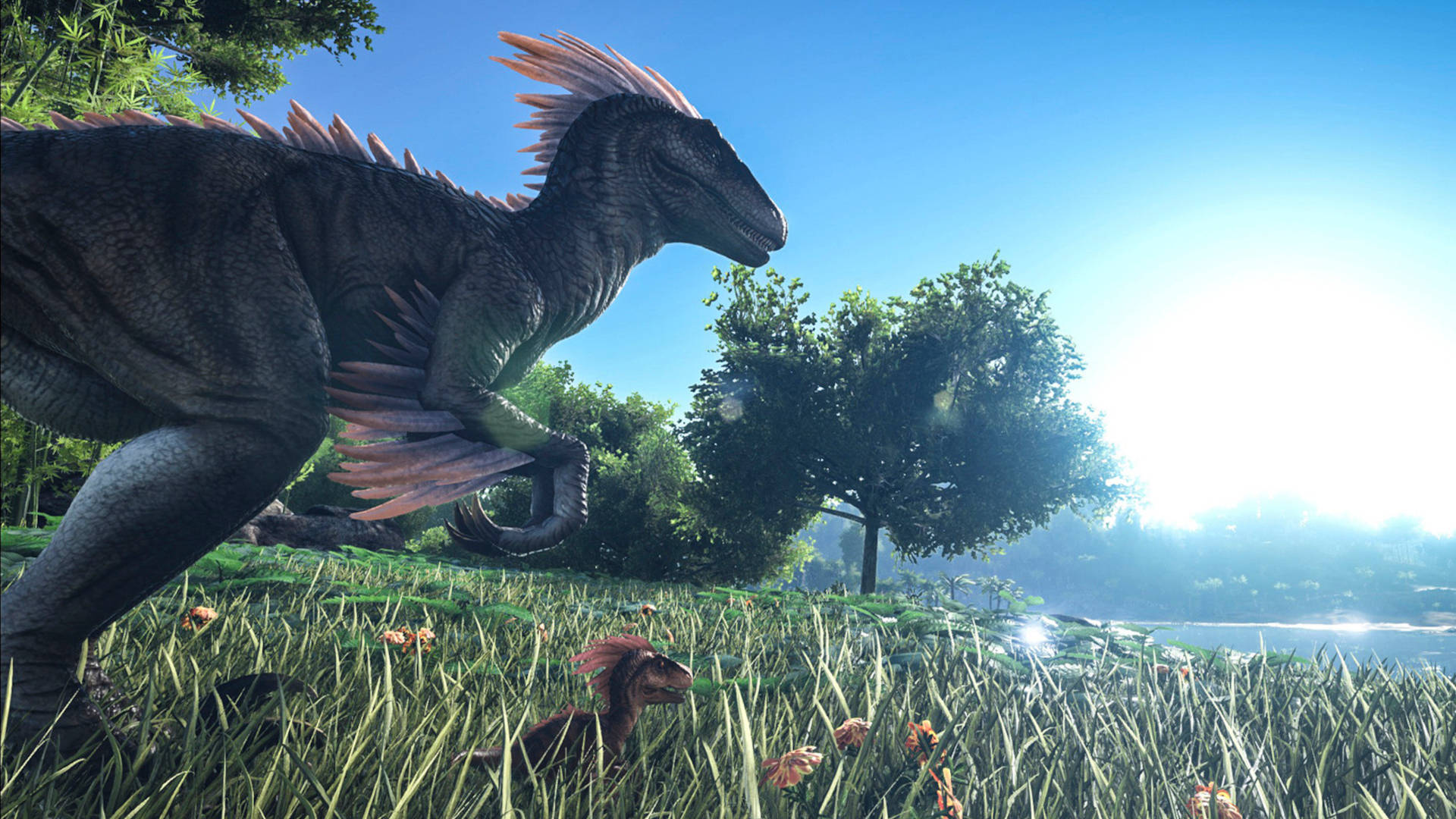

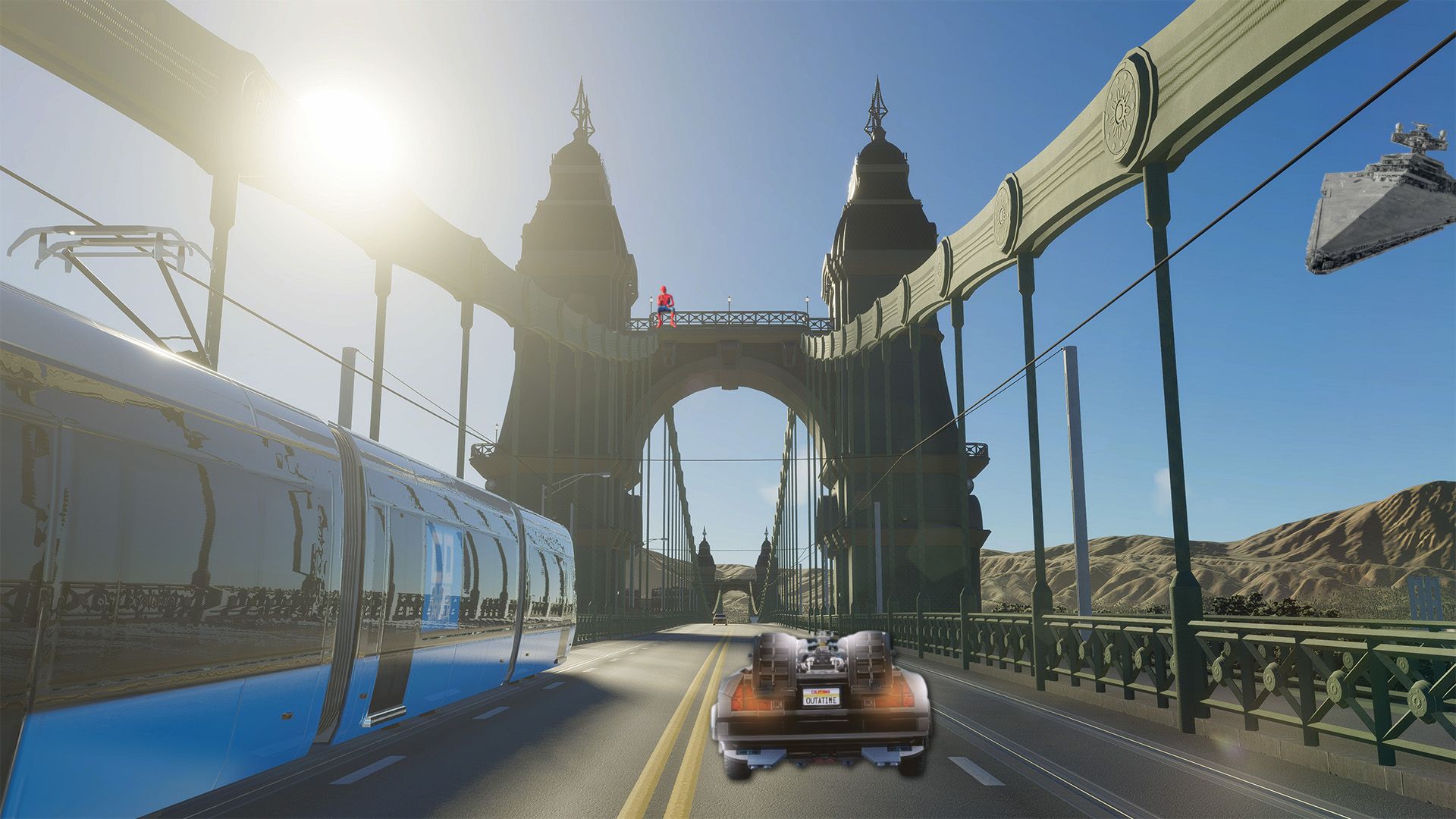
























































































































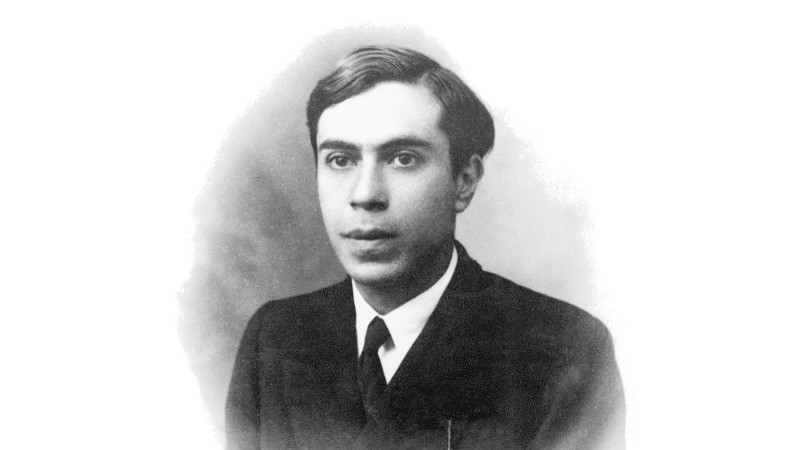





















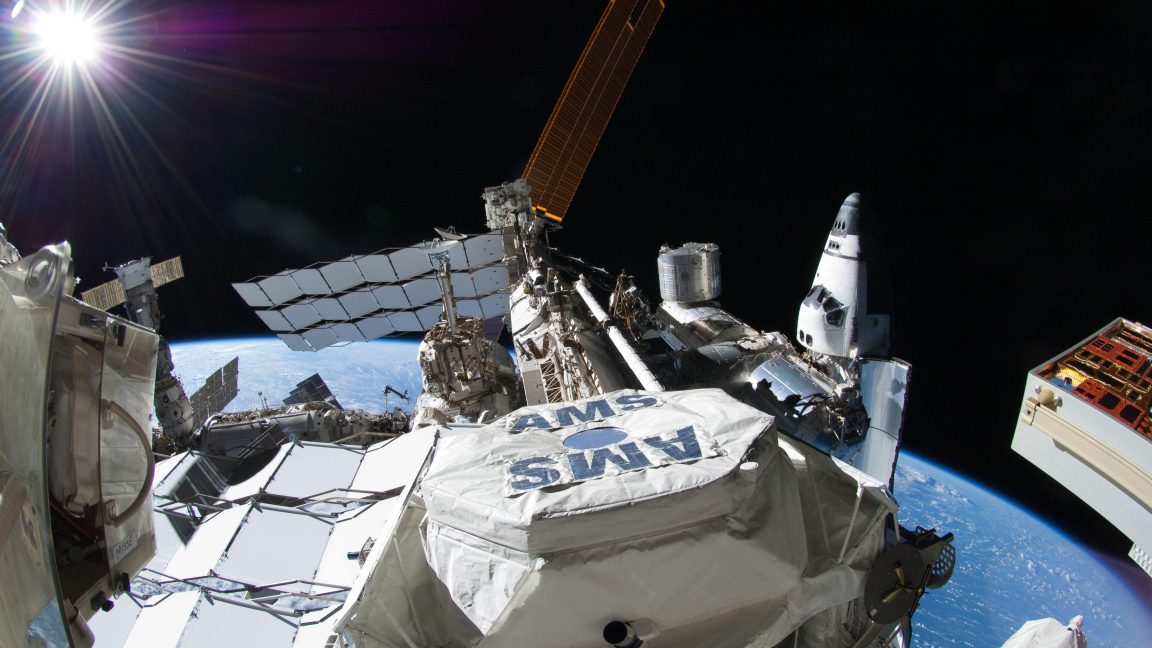




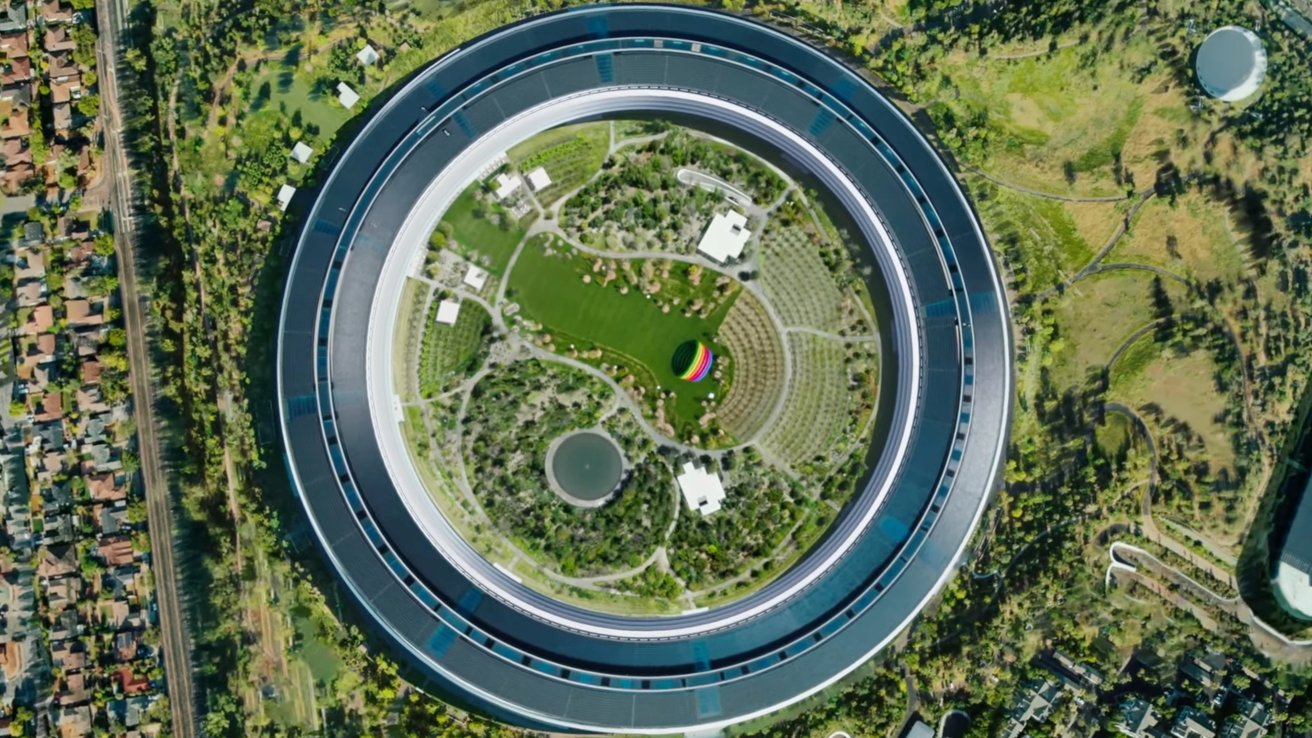












![Honor 400 series officially launching on May 22 as design is revealed [Video]](https://i0.wp.com/9to5google.com/wp-content/uploads/sites/4/2025/05/honor-400-series-announcement-1.png?resize=1200%2C628&quality=82&strip=all&ssl=1)












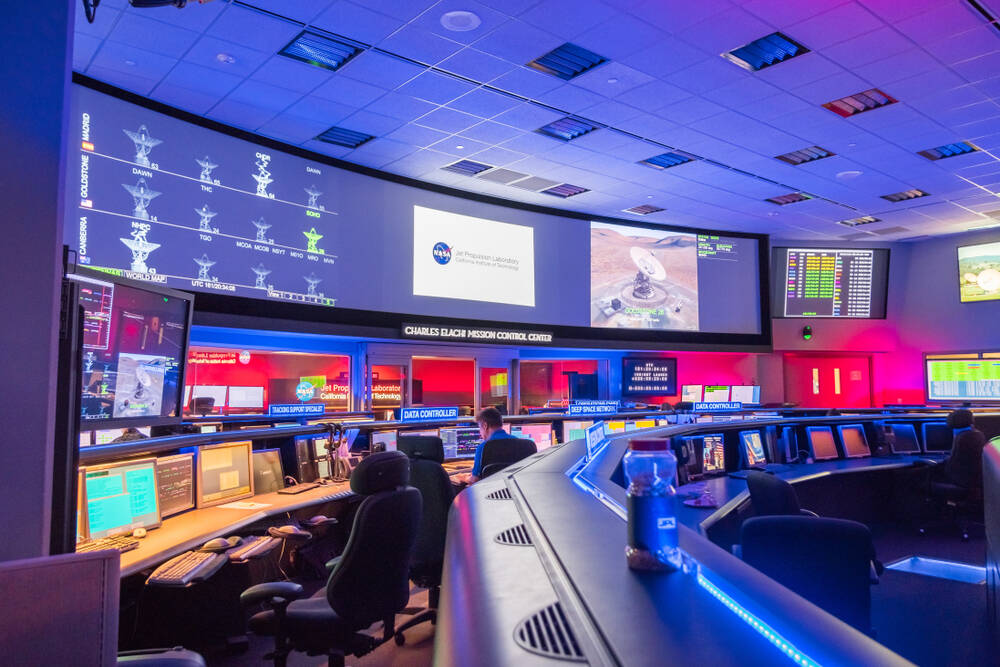


![Beats Studio Pro Wireless Headphones Now Just $169.95 - Save 51%! [Deal]](https://www.iclarified.com/images/news/97258/97258/97258-640.jpg)














































